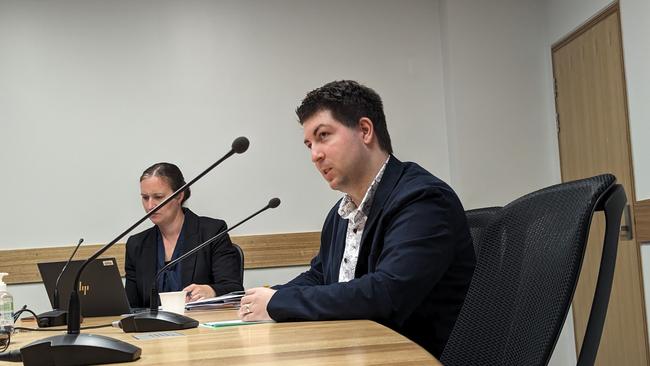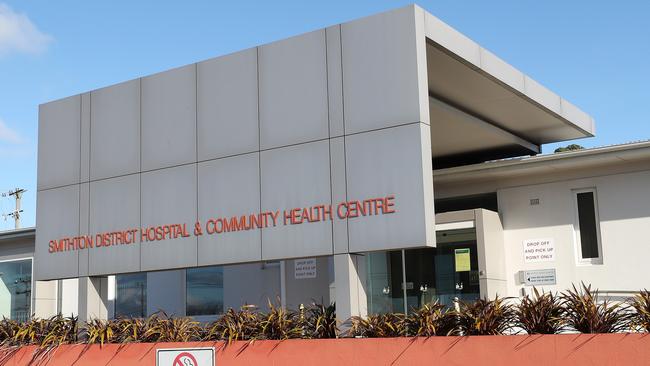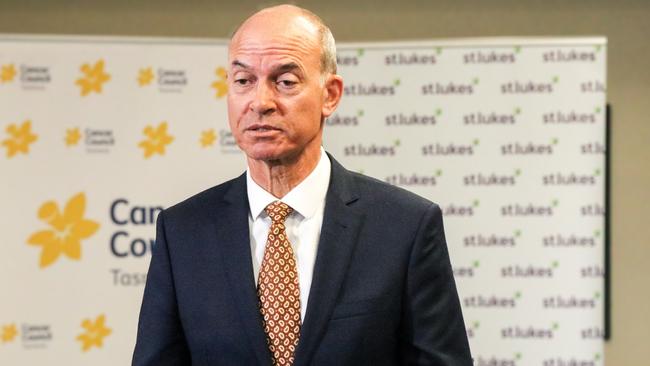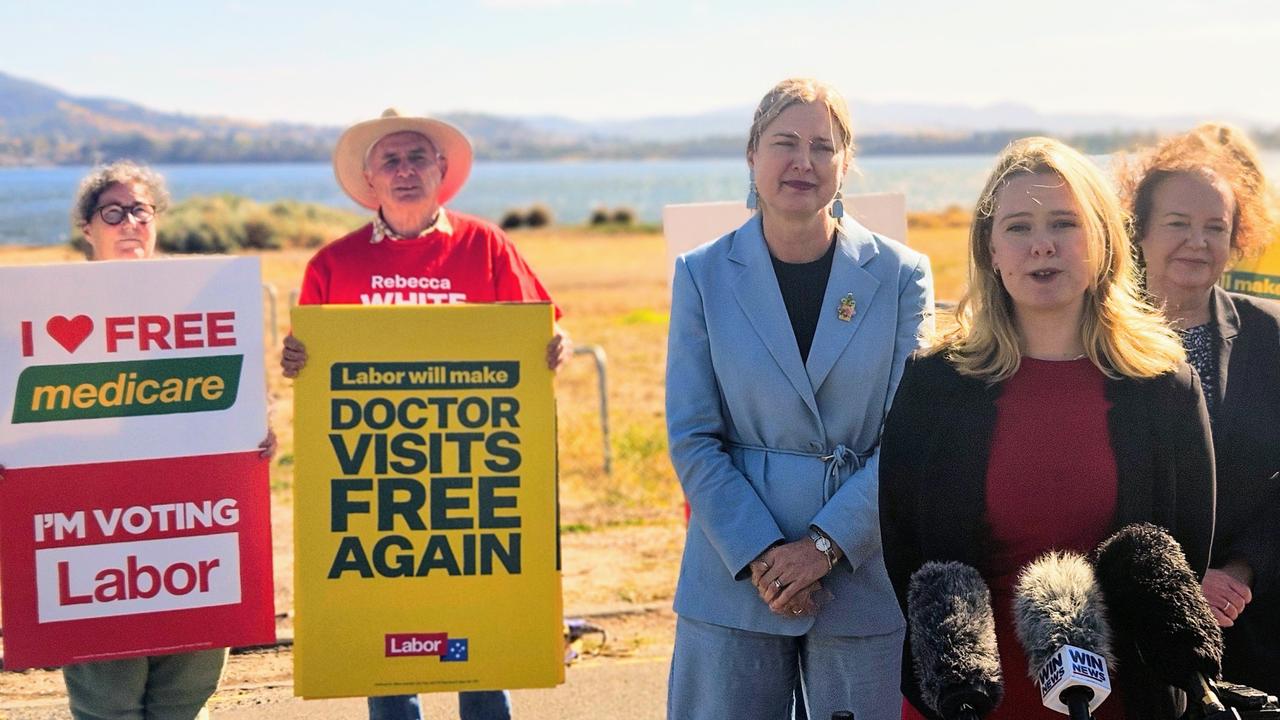Rural Doctors Association of Tasmania President Ben Dodds unveils priorities ahead of the state budget
With the state budget looming, one of Tasmania’s peak medical bodies has outlined its priorities to the government as it aims to ‘redress rural and remote health inequities’.

Tasmania
Don't miss out on the headlines from Tasmania. Followed categories will be added to My News.
Boosting accommodation for medical professionals in remote areas and enhancing primary care services in regional locations are just some of the priorities the Rural Doctors Association of Tasmania (RDAT) has unveiled ahead of the state budget.
The organisation’s President, Ben Dodds, said that access to health services and professionals was “generally worse” in rural areas than in more urban locations.
“This is a significant factor contributing to poorer health outcomes in rural and remote areas, including life expectancy,” Dr Dodds said.
“It is essential that health services be provided by doctors and other health professionals who have the necessary training and skills to meet the needs of their own communities to redress rural and remote health inequities.”
Recently, Premier Jeremy Rockliff announced that rural generalists – doctors who can work in primary and secondary care – would be allowed to work in Tasmanian hospitals.
As part of its priorities, the RDAT wants the government to continue investing in implementing the Tasmanian Rural Generalist Pathway, including dedicated training streams for medical students as they progress into professional roles.

The organisation also wants to review the clinical governance and funding models of Tasmania’s district hospitals.
“The Rural Medical Practitioners Agreement has been labelled as ‘not fit for purpose’ by negotiating parties,” Dr Dodds said.
“ The RDAT’s preference – also supported by the Australian Medical Association – is for rural
doctors to be employed under the Visiting Medical Practitioners Agreement to continue a productive relationship with the Tasmanian Health Service as an employee.”
Dr Dodds said that accommodation for medical students and health professionals was not up to standard.
“Many nursing students, junior doctors and pharmacy students are spending their
rural rotations in old hospital quarters that have not been updated.
“With the addition of University of Tasmania Allied Health courses, the demand on accommodation in rural and remote areas will be higher than ever.
“The availability of accommodation can also restrict the supply of experienced health professionals, with recent reports that St Mary’s is unable to secure a second doctor because of an accommodation shortage and that Ouse currently does not have accommodation to house a doctor.”
In addition, Dr Dodds wanted to see the state government work with the Commonwealth to enhance primary care services in Tasmania through funding initiatives and improving services within general practice, district hospitals and community health centres.

Health Minister Guy Barnett said the government was committed to improving services in rural areas.
“We always welcome ideas on how we can improve health outcomes in Tasmania, and I am in regular contact with RDAT to understand their views on how we can achieve this,” Mr Barnett said.
“We are already taking action in a number of areas to boost recruitment and services, such as $100,000 grants to entice 40 GPs to our rural and regional areas for five years, our extended partnership with the Royal Flying Doctor Service, and our commitment to explore a pathway to allow qualified Rural Generalists to provide services in our hospitals.
“We also remain committed to working with the federal government to improve access to primary care in Tasmania.”
More Coverage
Originally published as Rural Doctors Association of Tasmania President Ben Dodds unveils priorities ahead of the state budget




